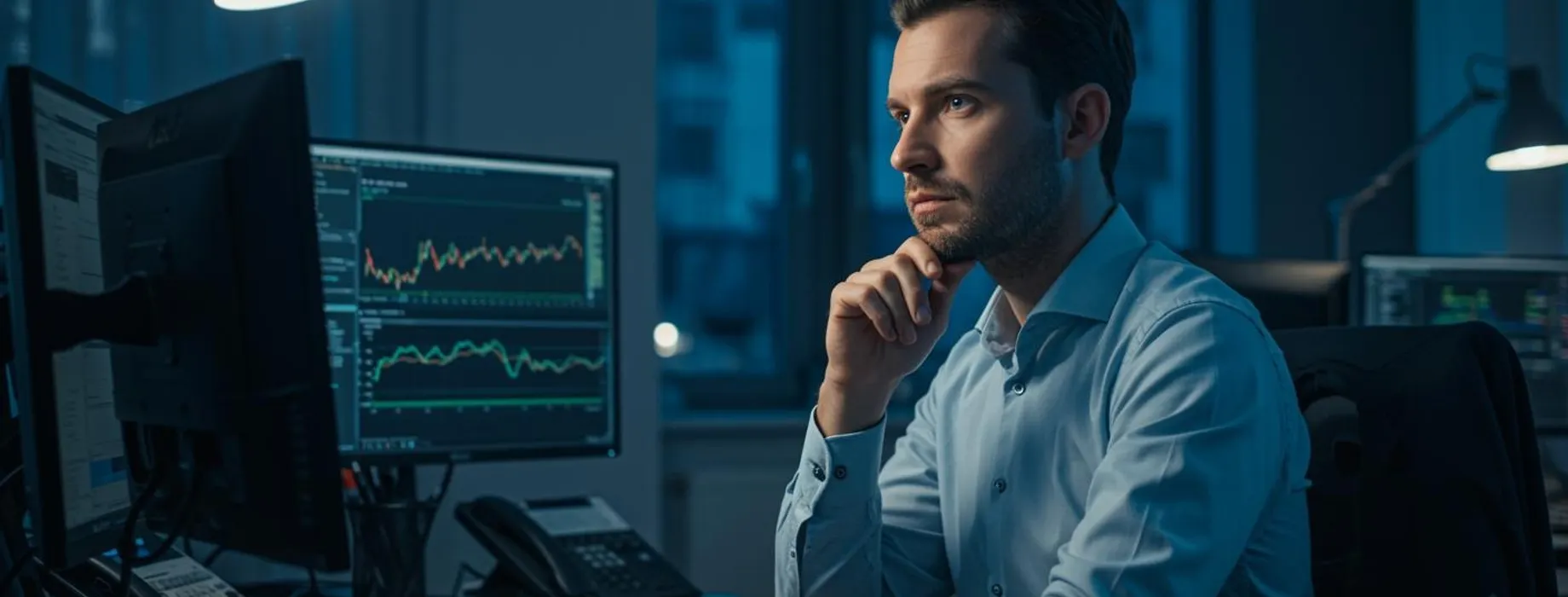Global Markets Under Pressure: How Political Conflicts Shape the Investment Landscape

As regional conflicts escalate, investors are forced to reconsider their strategies, facing a new wave of uncertainty in the global economy.
Transformation of Investment Strategies Amid Uncertainty
Markets once focused on interest rates and inflation are now forced to adapt to a new reality. A wave of geopolitical tension has swept global markets at a time when many economists and analysts had begun to suggest the possibility of a “soft landing” for the global economy after a period of high inflation.
This optimistic outlook is now being questioned due to the escalation of tensions in Ukraine and the Middle East, raising concerns about the potential spread of conflicts and their impact on the world economy.
“Geopolitical risks are becoming increasingly significant, and we’re paying heightened attention to them,” notes John O’Toole, a global multi-asset strategist from Germany. “Given the numerous hotspots of tension, the probability of further escalation is quite high.”
Impact of Conflicts on the Energy Market
The situation in the energy market is of particular concern to investors. Brent crude prices, the international benchmark, rose above $80 per barrel after Israeli strikes on Iranian oil facilities heightened concerns about potential supply disruptions from the region.
Although energy prices currently remain below the peak values of 2022, when Russia’s military operation in Ukraine began, analysts warn that further escalation of conflicts could lead to a sharp spike in prices, negatively affecting the global economy.
“We have two serious conflicts that could intensify, and this creates a real risk for investors,” warns Frederic Ducrozet, head of macroeconomic research in Europe.
Reversal of Trends in Financial Markets
The growing geopolitical tension is already having a noticeable impact on financial markets. Gold, traditionally viewed as a “safe haven” during periods of uncertainty, has reached record high levels. At the same time, technology stocks, which had been leading the market in recent months, have begun to lose ground.
The dollar index, which tracks the value of the American currency against a basket of other currencies, reached a three-month high, reflecting investors’ pursuit of safe assets amid growing uncertainty.
“Markets have long been focused on inflation and rates, but now geopolitics is coming to the forefront,” comments Joseph Little, global investment strategist at a major international company.
Outlook for the Situation
Experts note that geopolitical risks, especially those related to conflicts in Ukraine and the Middle East, are likely to remain a key factor of uncertainty for markets in the near future. Under these conditions, investors are advised to diversify their portfolios and pay attention to assets that traditionally demonstrate resilience during periods of increased volatility.
“We are in a situation where political decisions can have much more serious consequences for the world economy than traditional economic indicators,” emphasizes Maria Vasilescu, a leading economist for emerging markets. “In such conditions, investors need to be particularly attentive to developments on the geopolitical arena.”
As the situation evolves, analysts recommend that investors monitor key indicators such as energy prices, capital movements in emerging markets, and the reaction of central banks to the changing economic environment.